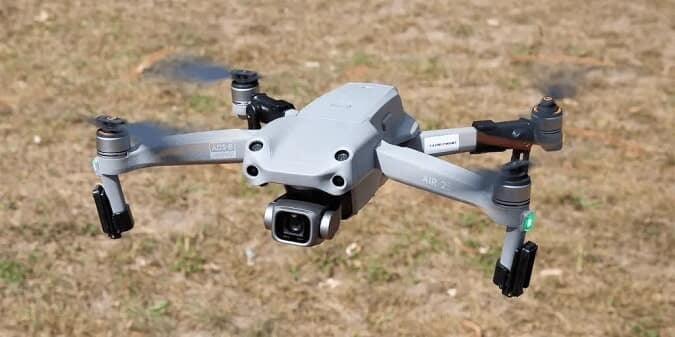Benefits and Applications of Camera Drones in Photography and Various Industries

Camera drones, or unmanned aerial vehicles (UAVs), have transformed the landscape of photography and videography, allowing users to capture stunning aerial shots from unique perspectives. Their growing popularity among professionals and enthusiasts alike is driven by their ability to provide breathtaking views and innovative filming techniques. In this article, we delve into the benefits of camera drones and explore how they can enhance your creative endeavors.
Understanding Camera Drones
A camera drone is a remote-controlled flying device equipped with a camera, designed to capture images and videos from above. These drones can soar to impressive heights, often reaching several hundred feet, and can be operated through a handheld controller or a mobile app. Some advanced models even offer autonomous flying capabilities, following pre-set flight paths or waypoints.
The Impact of Camera Drones Across Industries
Recent advancements in technology, particularly in embedded systems and the Internet of Things (IoT), have paved the way for the rapid adoption of drones. The surge in drone sales reflects their versatility and efficiency in various applications, making them a valuable tool in numerous fields. Equipped with sophisticated technology, camera drones deliver precise aerial footage for research, industrial inspections, logistics, and more, solidifying their status as innovative assets for modern tasks.
Applications of Camera Drones
The versatility of camera drones opens doors to a multitude of applications, which continue to expand with technological progress. Here are some key areas where drone cameras are making a significant impact:
- Agriculture: Drones are revolutionizing farming by enhancing crop monitoring and improving fertilizer distribution. They enable farmers to assess crop health and make informed decisions to optimize yield.
- Wildlife Monitoring: Drone cameras serve as essential tools for tracking wildlife and assessing forest conditions, especially in remote areas where human access is challenging.
- Geographic Mapping: The advent of drones has significantly enhanced geographic mapping capabilities. They capture critical data for 3D mapping, providing geographers and planners with accurate information.
- IoT Integration: Drones are increasingly integrated with IoT technology, facilitating better inventory management in logistics, enhancing public safety through surveillance, and supporting infrastructure inspections.
Advantages of Camera Drones
Camera drones offer numerous benefits that enhance photography and videography, making them an attractive tool for various users:
- Aerial Photography and Videography: Drones can capture stunning aerial views that are otherwise unattainable, pushing the boundaries for both professionals and hobbyists.
- Time and Cost Efficiency: By eliminating the need for expensive equipment like helicopters, drones can deliver aerial shots quickly and affordably, maximizing efficiency.
- Safety and Environmental Considerations: Drones provide a safer alternative to traditional aerial filming methods, minimizing risks associated with high-altitude photography. Additionally, they tend to generate less noise pollution.
- Versatility: Drones adapt to various environments, from outdoor events to challenging terrains, and can even capture thermal imaging for rescue operations.
Frequently Asked Questions About Camera Drones
Do I need a license to fly a camera drone?
License requirements can vary greatly depending on your country. In many regions, drones that exceed a certain weight or are used for commercial purposes may require registration or licensing.
What is the maximum range of a camera drone?
The range of a drone depends on its make and model. Some can fly several kilometers away, while others have more limited distances.
How long can a drone camera stay airborne?
Flight duration typically depends on battery life. Most consumer drones can operate for about 20 to 30 minutes on a full charge, while more advanced models may offer extended flight times.
Are drone cameras weather-resistant?
Some drones are built to withstand mild weather conditions, but most consumer models are not fully weatherproof and should be kept away from harsh elements.
Can drone cameras be used at night?
While some drones are equipped with night vision or infrared capabilities, there are legal restrictions regarding nighttime operations in certain areas.
What factors should I consider when buying a camera drone?
Key considerations include camera quality, flight time, range, and overall durability. For specialized uses, such as professional photography or IoT applications, look for features like autonomous flight modes and compatibility with other technologies.
What are the legal restrictions on using drones in urban areas?
Drone operations are often restricted in densely populated areas or near sensitive locations, such as airports or government buildings. It’s crucial to consult local regulations before flying a drone in such spaces.
![Как использовать эффект зеленого экрана на TikTok [Tutorial]](https://elearningprose.com/wp-content/uploads/2023/02/instagram-post-520x293.png)
